WCNC 2023 NEWSLETTER #3
- Dec 29, 2024
- 3 min read
Updated: Dec 30, 2024
Music in Nature
By Justin
In session 3 we invited Music into our curriculum with the children, collectively asking how we can hear the natural world through the lens of musicality. The earliest music comes directly from nature imitation, so we started first by opening our ears to the music happening around us. As we listened to the songbird chatter and the hawk alarms in the distance we introduced some foundational musical concepts to help us describe what we heard and investigate what it might tell us about our surroundings. We discussed pitch, volume, tempo, and melodic direction in relation to what each quality might tell us about the creature or phenomena generating the sound. The kids were immediately curious and insightful, understanding that a low pitch might mean a larger animal, while a higher pitch likely meant something physically smaller. For tempo we talked about what the speed of our heartbeat can tell us about the way we might be feeling. In this way we rooted each musical element into the natural world around us, and as a group we gained understanding of why certain songs or rhythms might make us feel certain ways. This topic was lively and the kids had ideas about the physicality of sound, music, and the natural world that were very creative and unique.
What is “Musicking”?:
Musicking is a term coined by bass virtuoso Victor Wooten, which we will define along with a brief explanation of Wooten’s revolutionary thinking regarding early music education.
Wooten’s premise begins with the assertion that music is a language. Without exception it is created to communicate a message whether implicit or explicit. If music is a language, and we want our children to be native speakers, the best way to teach them is to follow the way we teach our native language. Young children do not first learn the rules of english and then speak. They are immersed in a world of “professional speakers'', and they are allowed to participate freely. Furthermore, when a baby or young child makes a mistake speaking, we usually don’t correct them. More often than not, when our young children make mistakes speaking we imitate them, which only invites them to feel more comfortable participating further. In short, what kids need to become native music speakers is not an explicit lesson in the rules of music, but more opportunities to participate freely in music with adult players. Wooten calls this purely participatory experience “Musicking”.
We are huge believers in the joy and value of “musicking”, and in session 3 we created opportunities for “musicking” as often as possible. We set up a variety of drums and instruments at our property for free form, anything goes, drum circles. We played rhythm games and experimented with call and response. We also brought portable instruments to share and strum during quiet moments in our excursions. Our adult musicians often but not always initiated these musicking moments, and they gained willing participants and together created a special feeling around our cohort in natural settings.
DAY OF THE DEAD CELEBRATION @ SEBASTOPOL CEMETERY
NATURE JOURNAL GALLERY
2023 was another wonderful and amazing year of exploring Sonoma county with the children, Thank you to the entire West County Nature Club community (Mentors, Parents, and Children) we are so grateful for each and every one of you!
MORE ADVENTURES TO COME NEXT YEAR..........











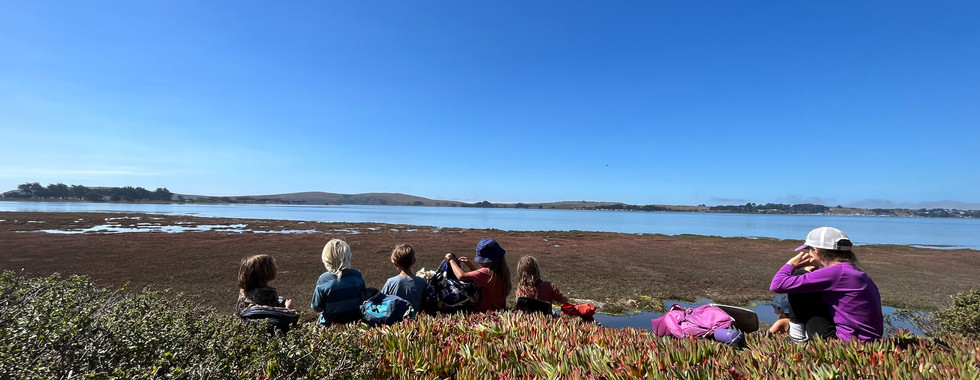

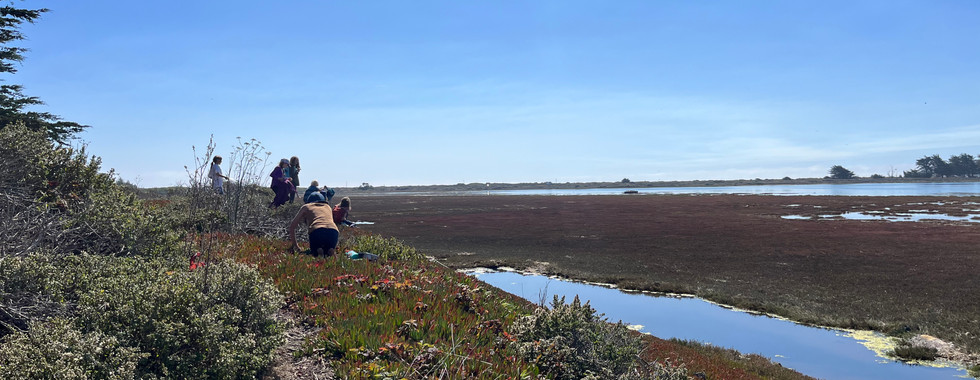

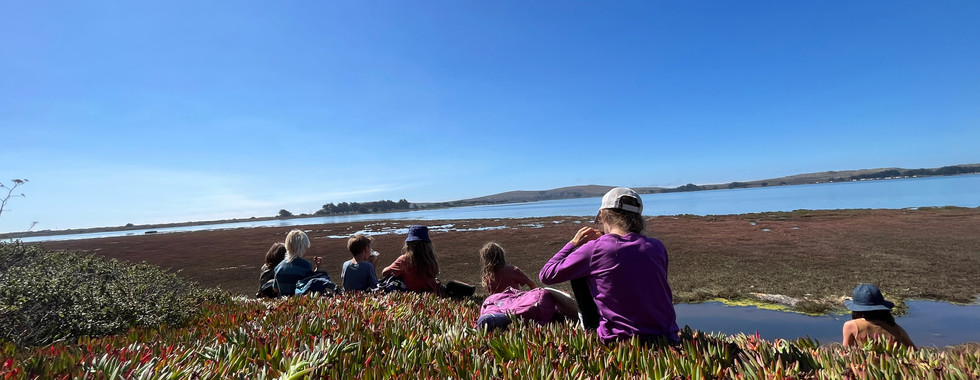













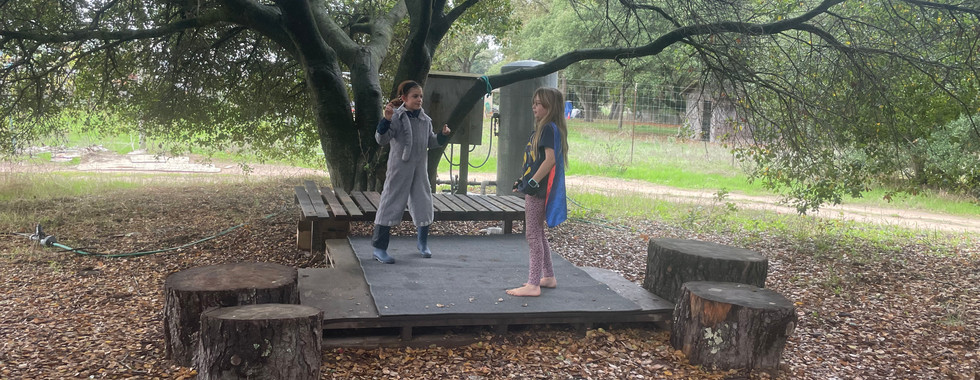



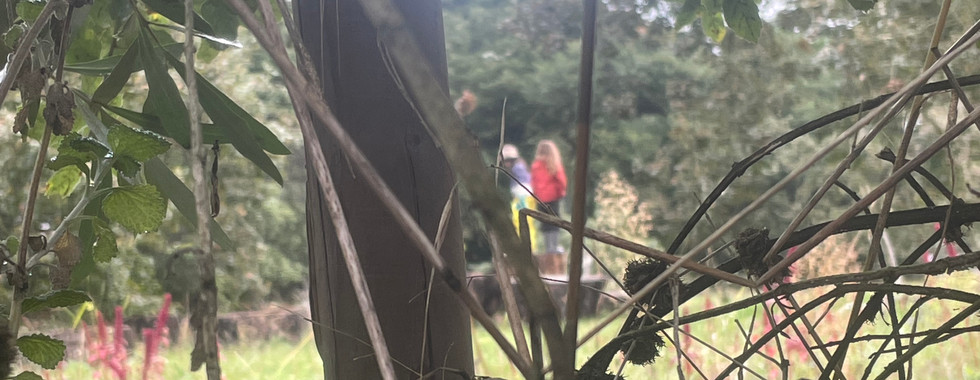





















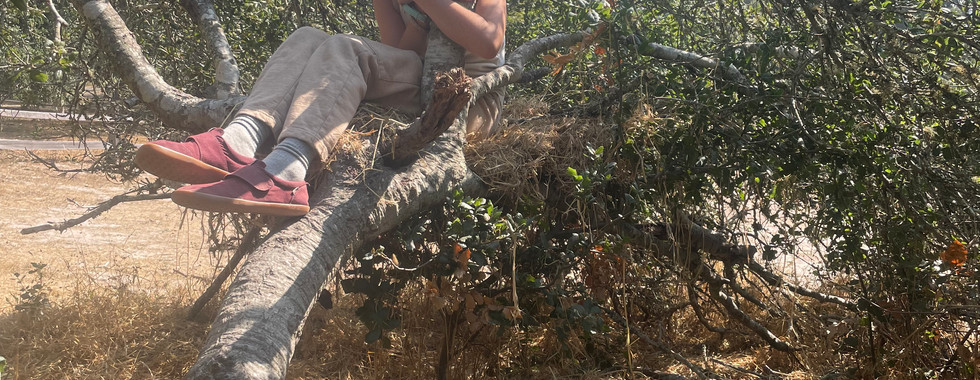

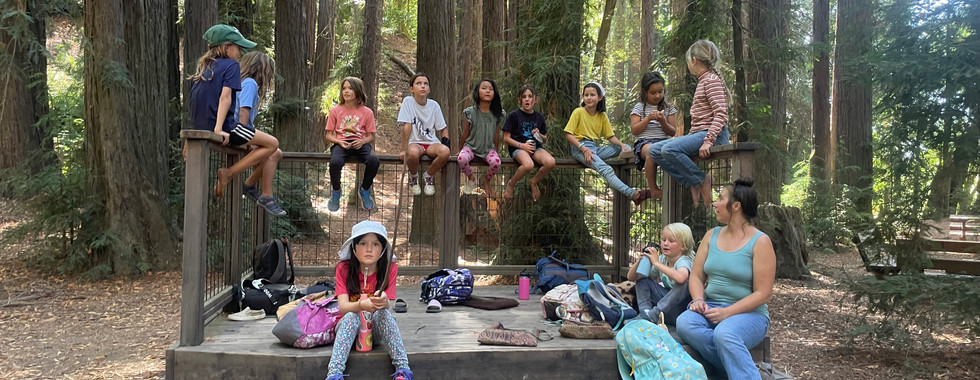



































































































































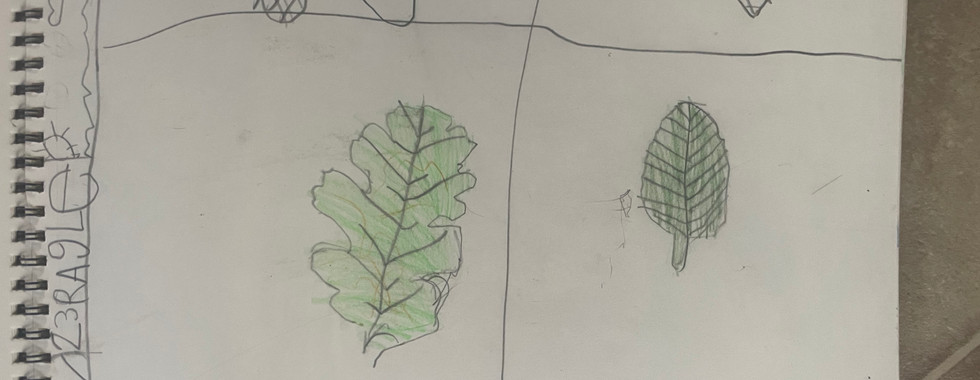

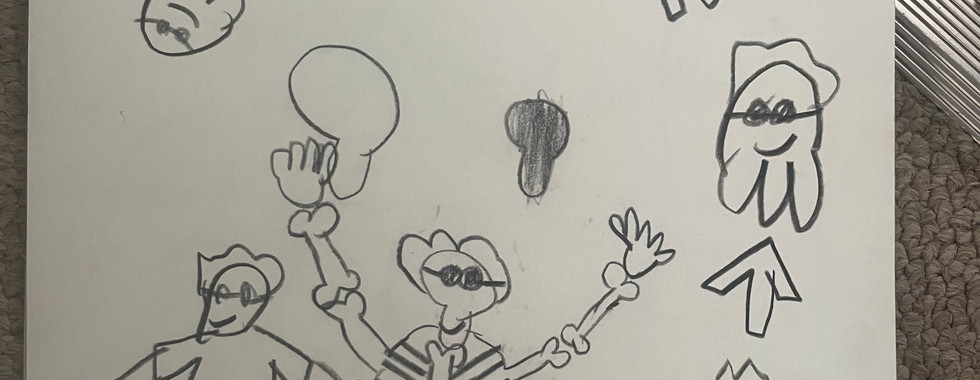













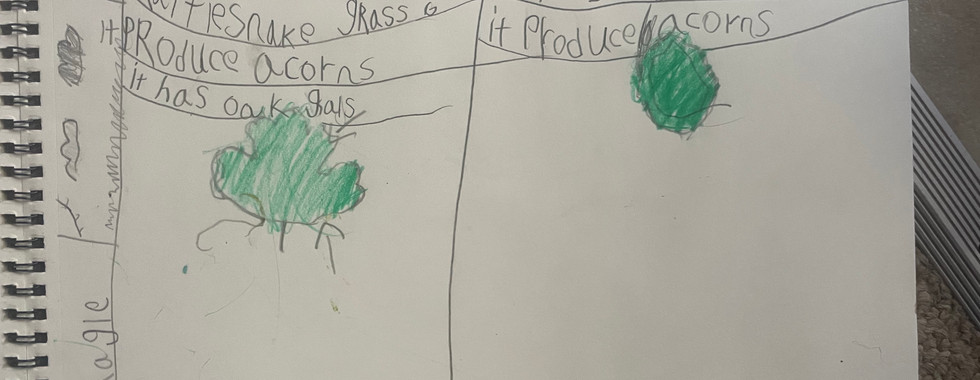









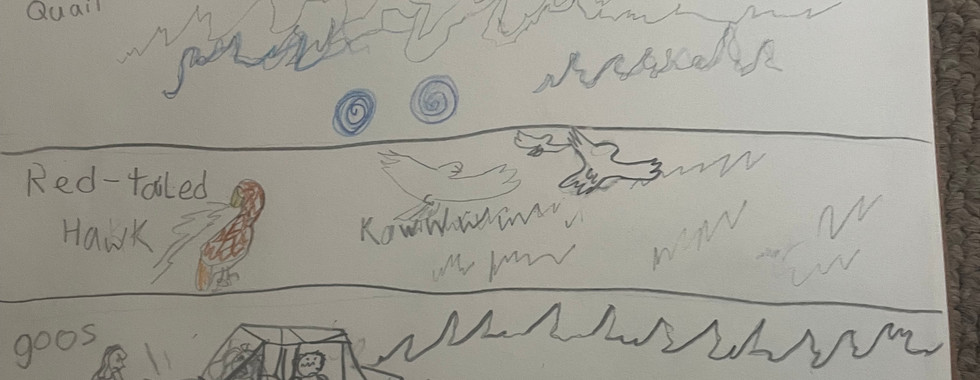











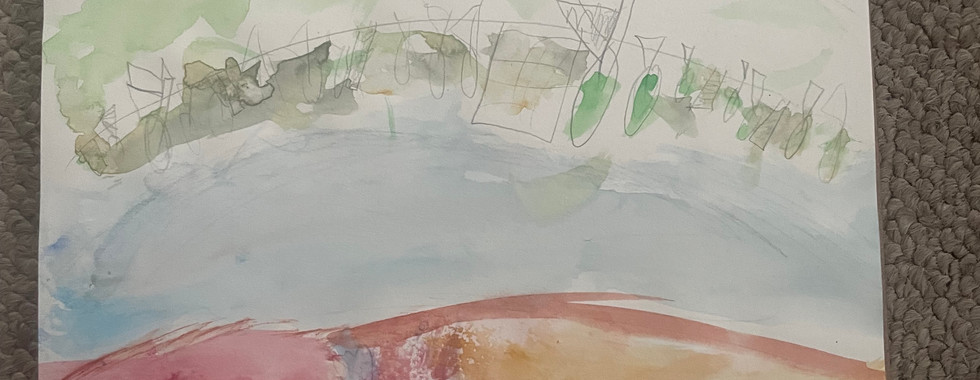











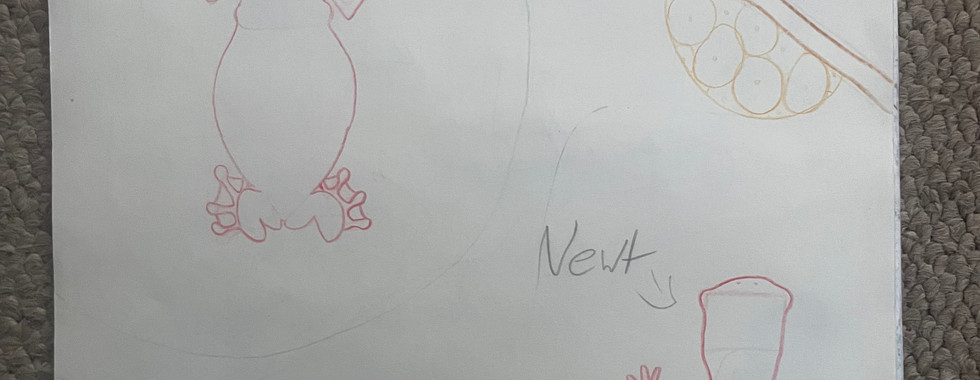































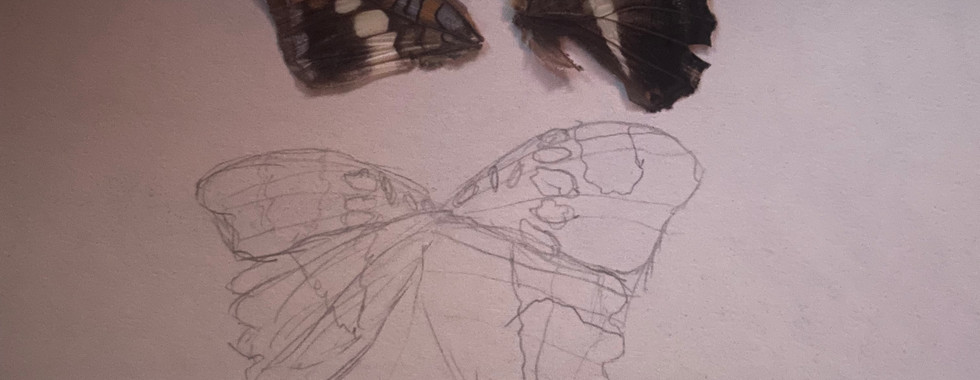

Comments